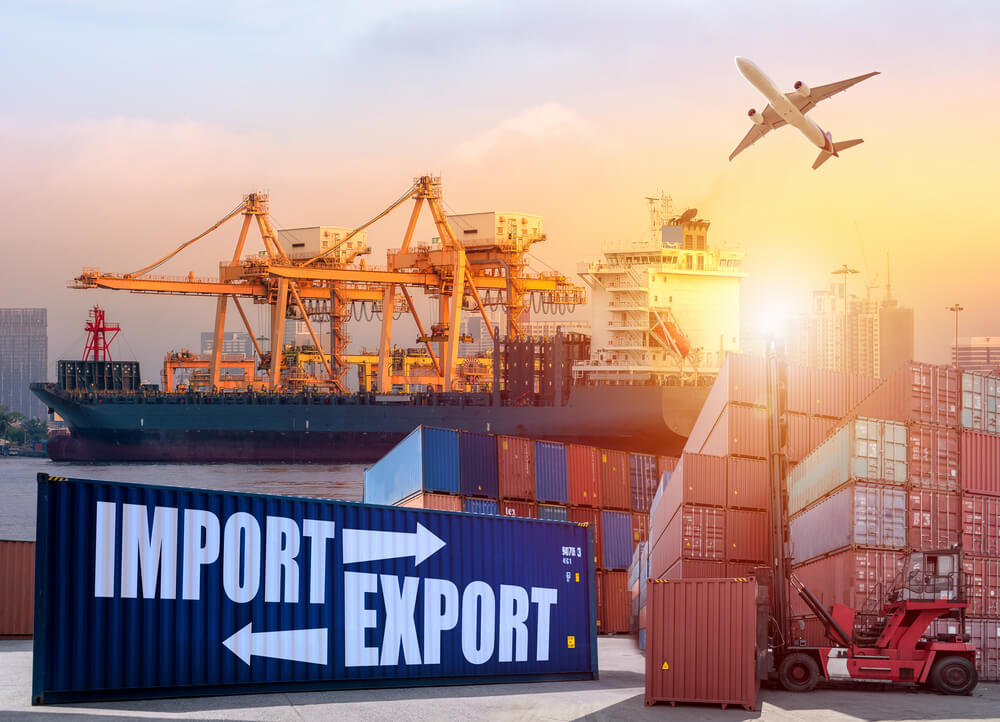Starting an export-import business in India can vary significantly in terms of required investment, as it depends on the products you plan to trade, the scale of your operations, and various other factors. Here are some general cost considerations to keep in mind:
- Product Selection: The type of products you plan to export or import will have a significant impact on your initial investment. Some products may require more stringent quality standards, certifications, or specialized handling, which can affect costs.
- Market Research: Investing in thorough market research is crucial to understand the demand and competition in your chosen industry. This could involve hiring research firms or conducting surveys, and it’s an important upfront cost.
- Legal and Regulatory Costs: You’ll need to register your business, obtain necessary licenses, permits, and registrations, and possibly comply with export-import regulations and customs procedures. Legal and regulatory costs can vary based on the nature of your business and the products you deal with.
- Infrastructure: Depending on the scale of your business, you might need office space, storage facilities, transportation, and warehousing. These can be significant initial investments.
- Logistics and Transportation: Shipping and transportation costs are integral to an import-export business. You might need to negotiate contracts with shipping companies, freight forwarders, and customs brokers.
- Packaging and Labeling: Packaging and labeling that comply with international standards and regulations are essential. Depending on the products, this could involve design and printing costs.
- Marketing and Promotion: Building a brand and finding buyers or suppliers requires marketing efforts. This could involve website development, advertising, attending trade shows, and other promotional activities.
- Working Capital: You’ll need funds to cover expenses like purchasing inventory, paying suppliers, and managing day-to-day operations until you start generating revenue.
- Documentation and Compliance: Export-import involves a lot of paperwork, including contracts, invoices, bills of lading, certificates of origin, and more. Ensuring proper documentation is crucial for smooth operations.
- Quality Control and Testing: Depending on your products, you might need to invest in quality control measures and product testing to meet international standards.
- Customs Duties and Tariffs: Be prepared to pay customs duties and tariffs when importing goods into India or exporting from India to other countries. These costs can add up significantly.
- Currency Fluctuations: Fluctuations in exchange rates can impact the cost of your imports and the revenue from your exports. Managing currency risk might involve certain financial instruments or strategies.
It’s difficult to provide an exact figure for the required investment, as it varies greatly depending on these factors. It’s recommended to create a detailed business plan outlining all these costs and conducting thorough research to get a clear understanding of the financial requirements for your specific venture. Consulting with experts, such as trade consultants, legal advisors, and financial professionals, can help you make informed decisions about your investment.
Call for any query 7014555258
visit our your tube channel if you want to learn export import business : https://www.youtube.com/channel/UCOKdI1ml6AWoFP9iyKNv1_A



